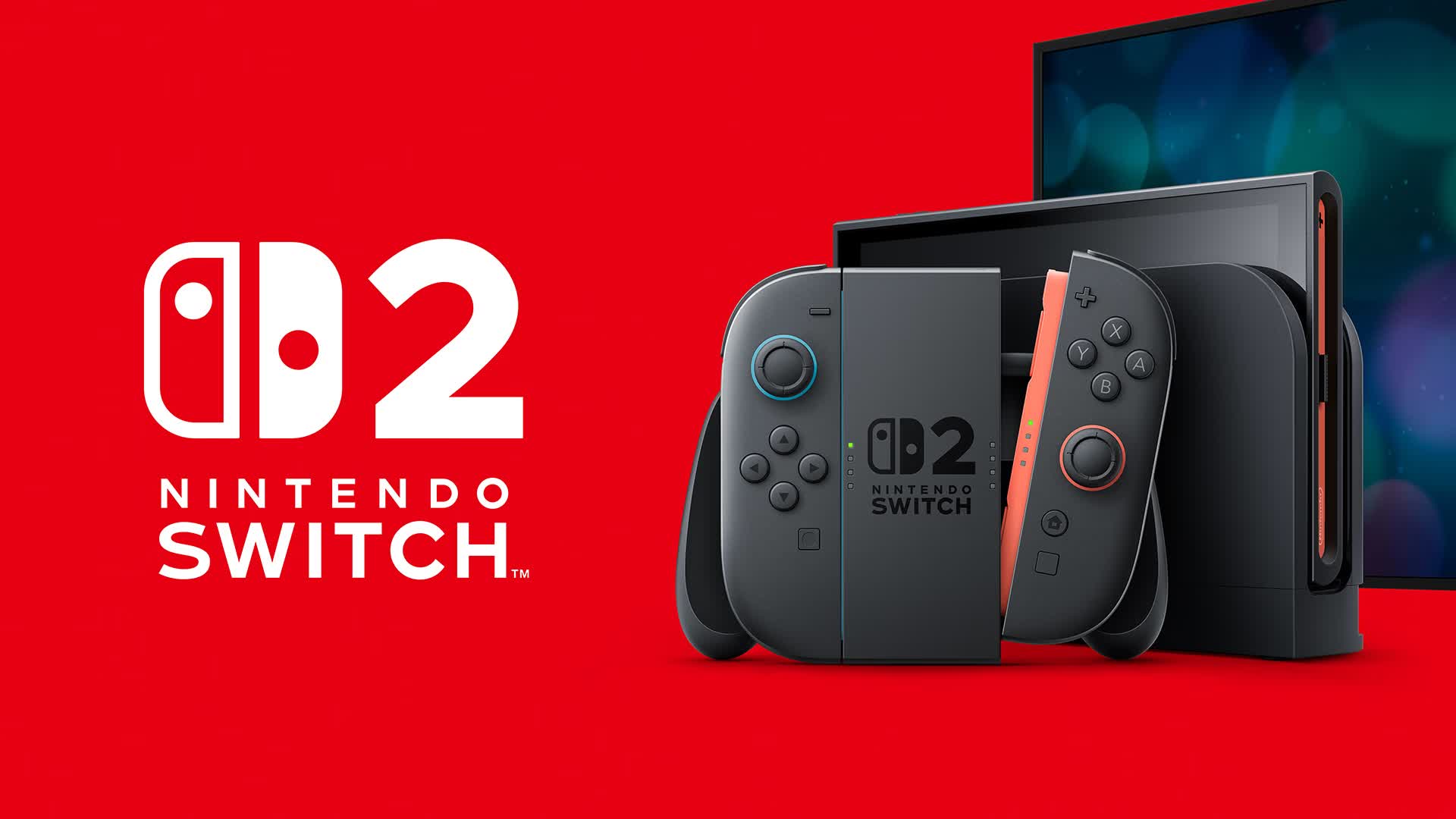Recent Arrest in Japan Highlights Nintendo’s Stance on Piracy
A recent incident in Japan has shed light on Nintendo’s unwavering stance against piracy. A 58-year-old man from Ibaraki Prefecture was arrested for selling modified Nintendo Switch consoles that were capable of playing pirated games. This marked the first arrest in Japan related to circumventing the copyright protection on the popular portable gaming device.
The accused, Fumihiro Otobe, a transportation worker from Ryugasaki City, was found to have soldered hardware modifications onto secondhand Switch circuit boards to enable the use of pirated games. He sold these modified consoles for approximately $180 each, pre-loaded with 27 pirated games. When questioned by authorities, Otobe admitted that he was driven by curiosity and a desire for recognition.
Nintendo has a reputation for aggressively pursuing individuals involved in piracy. While the use of emulators is technically legal, distributing copyrighted software through them is deemed illegal. Last year, threats of litigation against Switch emulator developers Yuzu and Ryujinx led to temporary shutdowns of their services.
The developers of Yuzu admitted that the emulator was primarily used for distributing copyrighted software, a practice that Nintendo’s chief patent attorney considers illegal. By bypassing the copyright protection mechanisms put in place by Nintendo, individuals like Otobe risk violating intellectual property laws and facing legal consequences.

While the legal framework in Japan differs from that in the US, both countries have strict regulations against copyright infringement. Nintendo’s recent actions suggest an escalation in their anti-piracy efforts, coinciding with the impending release of the Switch 2. The updated console promises enhanced features, sparking anticipation among gaming enthusiasts.
Historically, consoles only become targets for emulation once they are considered retro. However, Yuzu’s ability to run Nintendo Switch games shortly after the console’s launch raises questions about the future of emulation for the Switch 2. Nintendo’s vigilance against piracy may shape the landscape of gaming enforcement in the years to come.